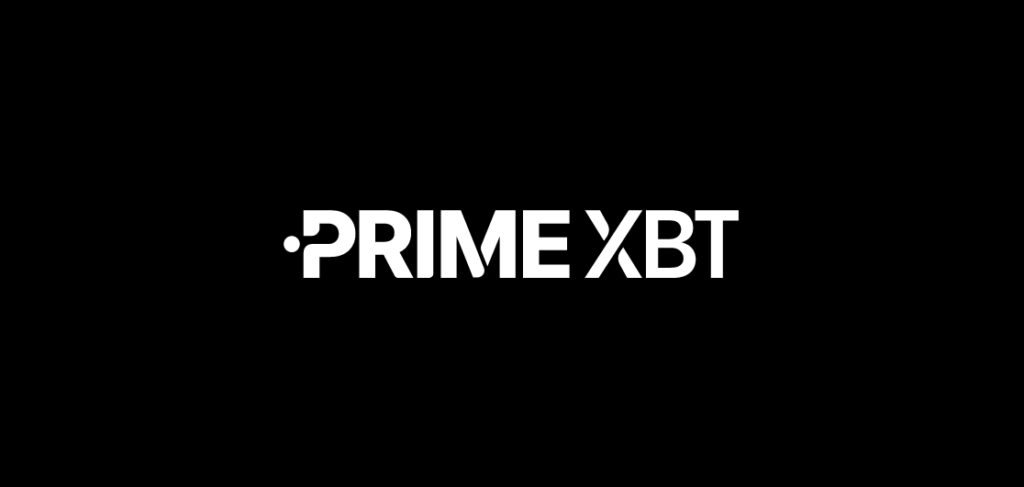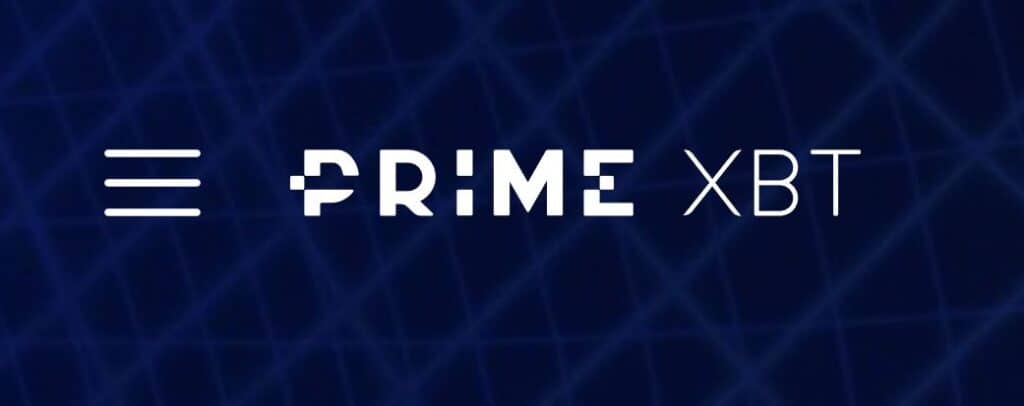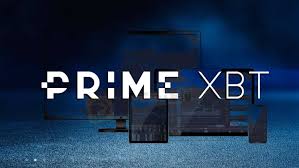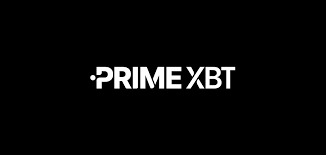
In the ever-evolving world of cryptocurrency trading, brokers play a crucial role in facilitating trades and providing traders with the tools they need to succeed. One such broker that has gained significant attention is PrimeXBT Broker primexbt-invest. With its advanced trading features, user-friendly interface, and robust security measures, PrimeXBT has positioned itself as a leading platform for both novice and experienced traders. In this article, we will explore the ins and outs of PrimeXBT Broker, including its unique features, trading options, and how to get started.
What is PrimeXBT?
Founded in 2018, PrimeXBT has quickly become a prominent player in the crypto trading space. It is a margin trading platform that allows users to trade cryptocurrencies, commodities, stock indices, and forex all from a single account. The platform is known for its innovative features, such as high leverage, customizable trading interfaces, and advanced charting tools, making it a favorite among serious traders.
Key Features of PrimeXBT Broker
One of the main reasons behind PrimeXBT’s popularity is its array of features that cater to various trading strategies. Here are some of the key features:
1. Leverage Trading
PrimeXBT offers leverage of up to 100x on Bitcoin and other crypto assets, allowing traders to maximize their exposure without committing large sums of capital. This feature can significantly enhance profit potential, but it also increases risk, making it essential for traders to exercise caution.
Wide Range of Assets
Unlike many brokers that focus solely on cryptocurrencies, PrimeXBT provides an extensive range of asset classes. Traders can access Bitcoin, Ethereum, and other altcoins as well as commodities like gold and oil, indices from major markets, and currency pairs, giving them the ability to diversify their trading portfolios.
User-Friendly Interface
The platform is designed to be intuitive, making it accessible for traders of all skill levels. Whether you are a seasoned pro or a complete beginner, you will find that navigating through the dashboard, placing trades, and analyzing market trends is a seamless experience.
Advanced Trading Tools
PrimeXBT’s platform is equipped with advanced trading tools and features, including various order types, margin tools, and customizable charting options. These tools provide traders with the necessary resources to implement sophisticated trading strategies and improve their decision-making processes.
Security Measures
Security is paramount in the crypto trading environment, and PrimeXBT takes this seriously. The platform utilizes advanced security protocols, including two-factor authentication (2FA) and cold storage for funds, to ensure that user assets remain safe from unauthorized access and potential threats.
Getting Started with PrimeXBT
If you are interested in starting your trading journey with PrimeXBT, the process is straightforward:

1. Create an Account
Visit the PrimeXBT website and register for an account. The registration process is quick, requiring only a valid email address and a secure password.
2. Verify Your Identity
While PrimeXBT does allow users to trade with minimal verification, completing identity verification can enhance your account’s security and provide additional benefits, such as higher withdrawal limits.
3. Fund Your Account
Once your account is set up, you can deposit funds. PrimeXBT accepts various cryptocurrencies, making it easy for users to fund their accounts quickly and conveniently.
4. Start Trading
After depositing funds, you can begin exploring the trading platform. Utilize the demo account feature to practice your strategies before engaging in live trading.
Pros and Cons of PrimeXBT
Like any trading platform, PrimeXBT has its advantages and disadvantages. Here’s a brief overview:
Pros:
- High leverage options
- Diverse asset selection
- User-friendly interface
- Advanced trading tools
- Strong security measures
Cons:
- Lack of fiat currency support
- Limited customer support options
- Higher risk due to leverage
Conclusion
PrimeXBT Broker stands out in the competitive world of cryptocurrency trading by offering an array of features and benefits designed to enhance the trading experience. From its high leverage offerings to its user-friendly interface, PrimeXBT accommodates traders of all levels. However, potential users should remain vigilant about the risks associated with high leverage and ensure they approach trading with caution. As always, thorough research and informed decision-making are key to successful trading.
By choosing PrimeXBT, traders can access a versatile platform that meets their various trading needs while providing a secure environment to manage their investments. Whether an experienced trader or just starting out in the world of crypto, PrimeXBT makes an appealing choice for those looking to navigate this dynamic market.








